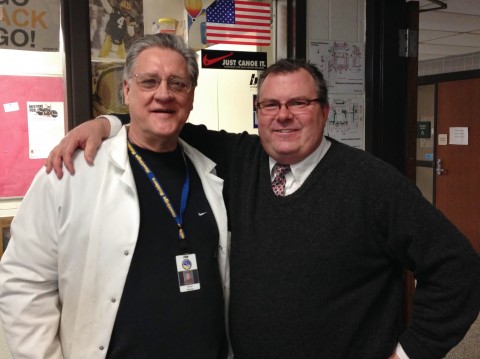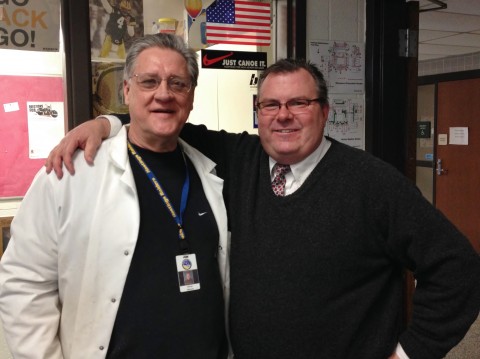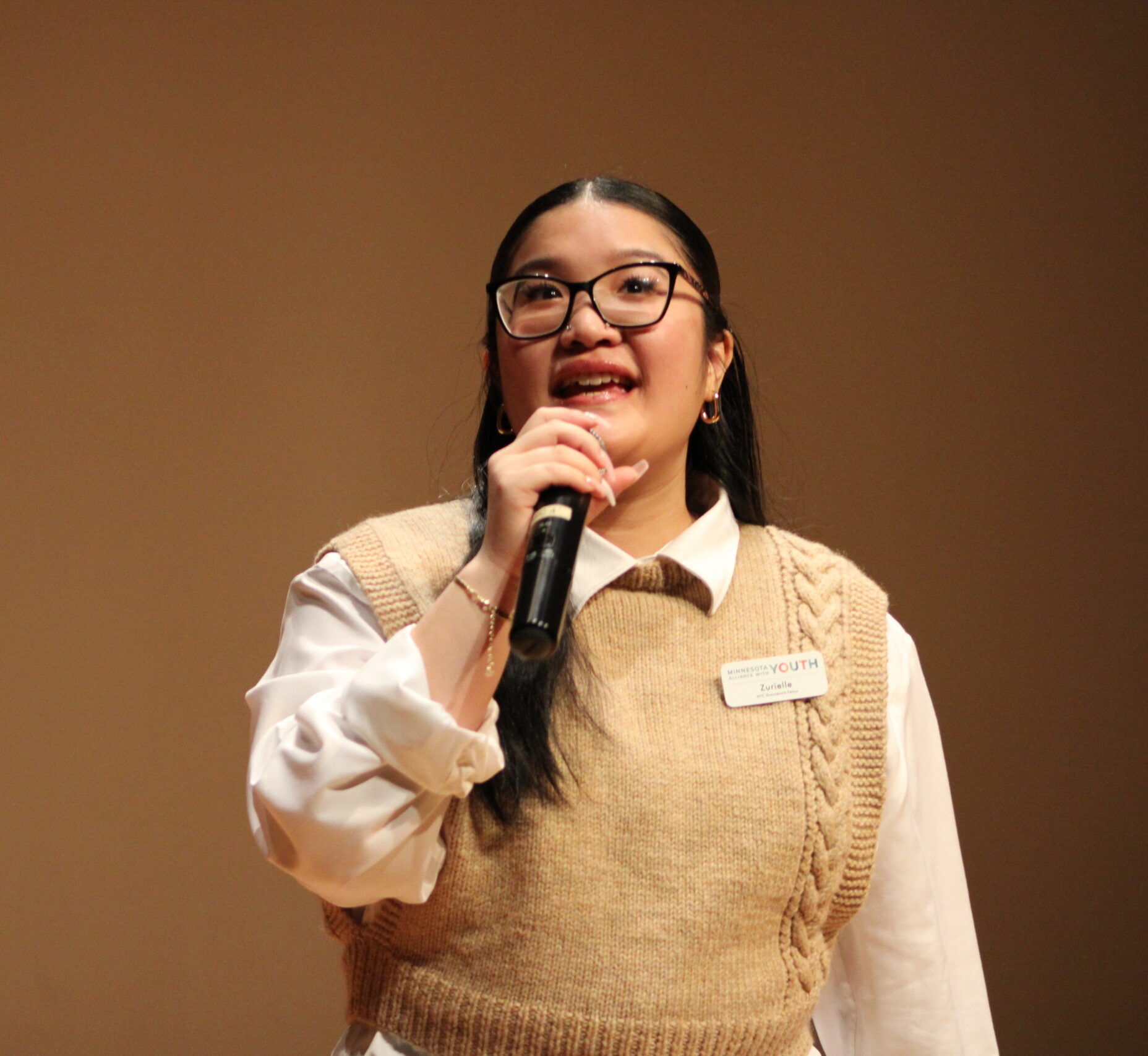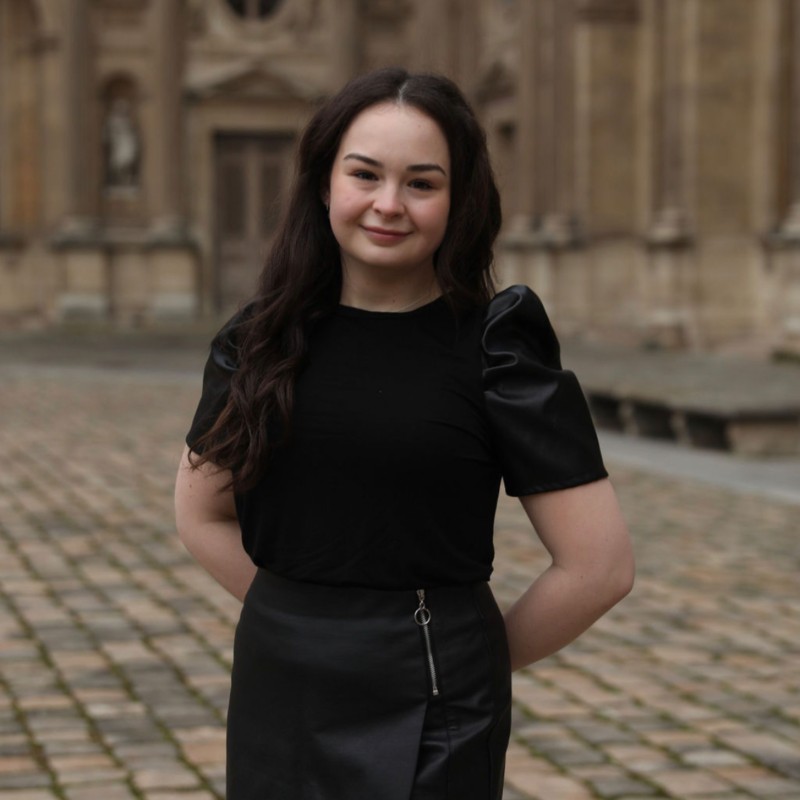Promise Fellows Stephanie Schiebe and Mark Bauer, who are supporting students at Hastings Middle School, found a “cohesive faculty, a strong social environment, and cooperative relationships,” contributing to the “safe space” environment that helps out-of-school-time programs thrive, says technology teacher George Mitshulis.
In this eastern Minnesota river town, nearly two-thirds of the student body of 1,400 fifth- through eighth-graders attend structured activities outside of the school day four days a week. A Saturday morning program also has become the norm.

Even the end of the activity bus didn’t sink these free programs: the multi-faceted after-school program OASIS (which includes the academic and behavioral support program Second Scoop), and the service-learning program Student Impact.
“These programs are a godsend for parents, since most people work outside the community,” says Mitshulis, the out-of-school-time program director, who adds that it is essential that they be offered without charge. Funding from United Way of Hastings and the state’s “targeted services” monies, plus the federal funding that supports Promise Fellows, all help maintain the programs.
Promise Fellows augment these offerings, tutoring students and supporting service-learning initiatives that get students into the community. During Alternative Spring Break, for example, Schiebe says that approximately 30 students daily volunteered at the Vets Home, prepared food shipments at Feed My Starving Children, helped with Hastings Family Services, and volunteered at ARC’s Value Village thrift store.
All of these activities beyond the school day help build relationships, an essential aspect of creating safe space, says Bauer. This, in turn, fosters trust. As Schiebe attests, most students need “someone to listen, space to be by yourself if needed, and no judgment,” in their out-of-school time.
Mitshulis credits principal Mark Zuzek for cultivating these environments that attract students beyond the regular school day: “He does the right thing; he makes things work” — attitudes that seem to rub off on the community that is Hastings Middle School. ■
Return to Spring Promise Press 2014.












